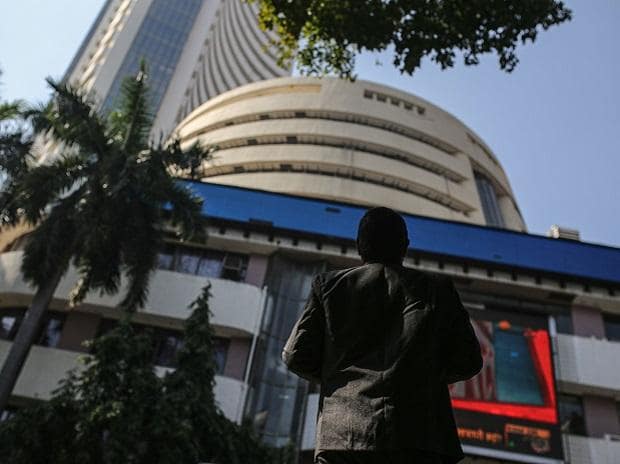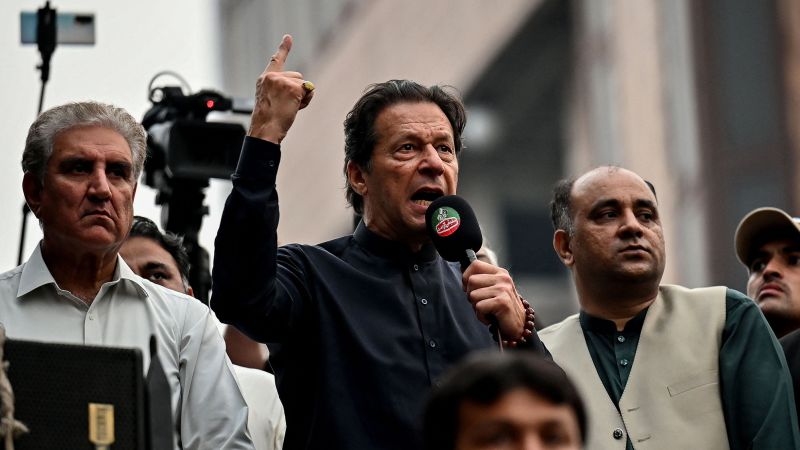India’s benchmark indices closed near two-week lows and the rupee weakened 0.2 per cent against the US dollar on Monday as rising Covid cases in China and talk of persistent rate hikes by US Federal Reserve officials unnerved the markets.
This is a sharp reversal of sentiment from a week ago when the Sensex had posted fresh closing highs and the rupee strengthened after the US consumer price index data for October showed signs of inflationary pressures abating. The Sensex fell 0.84 per cent, or 519 points, to close at 61,145, while the Nifty50 index lost 0.81 per cent, or 148 points, to settle at 18,160 on Monday, logging their third straight day of losses.
The rupee closed at 81.85 against the dollar, as against 81.69 on Friday. So far in 2022, the domestic currency has depreciated 9.2 per cent versus the dollar.
 Comments by several members of the US Fed in support of continued increases in interest rates also dragged the rupee lower as the dollar index notched up gains. Fed Governor Christopher Waller recently pushed back against investor bets on a pause on rate hikes, insisting that monetary policy tightening “isn’t ending in the next meeting or two”.
Comments by several members of the US Fed in support of continued increases in interest rates also dragged the rupee lower as the dollar index notched up gains. Fed Governor Christopher Waller recently pushed back against investor bets on a pause on rate hikes, insisting that monetary policy tightening “isn’t ending in the next meeting or two”.
Market participants now await the release of the minutes of the Federal Reserve’s November 1-2 meeting. The minutes, due on November 23, would provide greater clarity on the extent of policy tightening that the US central bank may carry out following 375 bps of rate hikes in 2022.
China saw its first Covid-related death in almost six months on Saturday, and another two were reported on Sunday, stoking concerns that authorities may again resort to harsh restrictions. Crude oil also sank below $85 per barrel on concern of a weakening demand outlook from the world’s biggest oil importer. A decline in the Chinese yuan, which fell 0.6 per cent on Monday, generally tends to spill over into other emerging market currencies.
Goldman Sachs in a report said conditions that are typically consistent with an equity trough have not yet been reached, and a peak in interest rates and lower valuations reflecting recession are necessary before any sustained stock-market recovery can happen. The investment bank said India’s GDP may expand at 5.9 per cent in 2023 from an estimated 6.9 per cent this year.
Deepak Parekh, chairman of HDFC Ltd, said on Monday India is not decoupled from the world and it too would face some slowdown.
“But there is a consensus across the board that India will still remain amongst the fastest growing major economies in the world. GDP growth for 2022 may be slightly lower than 7 per cent, but that is no reason for disappointment. What is important to note is the inherent resilience that is now embedded in the Indian economy,” he added.
Note:- (Not all news on the site expresses the point of view of the site, but we transmit this news automatically and translate it through programmatic technology on the site and not from a human editor. The content is auto-generated from a syndicated feed.))




What i do not realize is in truth how you are not actually a lot more neatly-liked than you
may be right now. You’re very intelligent. You know thus significantly with regards to this topic, made me in my view consider it from
so many numerous angles. Its like women and men don’t seem to be involved unless it’s one thing to
accomplish with Woman gaga! Your own stuffs outstanding.
All the time deal with it up!
When someone writes an paragraph he/she maintains the idea of a user in his/her mind that how a
user can know it. Thus that’s why this piece of writing
is great. Thanks!
O universo dos cassinos crypto está em crescimento constante, oferecendo uma variedade de opções para apostadores lusófonos.
Desde apostas com Bitcoin até apostas online para falantes de
português, há algo para todos os gostos. Os entusiastas podem desfrutar de
clássicos como roleta usando moedas digitais e 21 com
criptomoedas, ou tentar a sorte em caça-níqueis com prêmios em
crypto. Para os amantes de esportes, as apostas em jogos com Ethereum são uma opção emocionante.
Os sites de apostas em Bitcoin para lusófonos
não apenas oferecem uma diversão garantida, mas também chamam a atenção com promoções tentadoras em crypto.
E para aqueles que gostam de jogos de cartas,
o pôquer online com criptomoedas está se tornando extremamente procurado.
Com múltiplas possibilidades, o horizonte do gambling online com moedas digitais parece empolgante para a população que fala português.
An intriguing discussion is definitely worth comment.
I think that you ought to publish more on this issue, it might not
be a taboo matter but typically folks don’t talk about these issues.
To the next! Many thanks!!